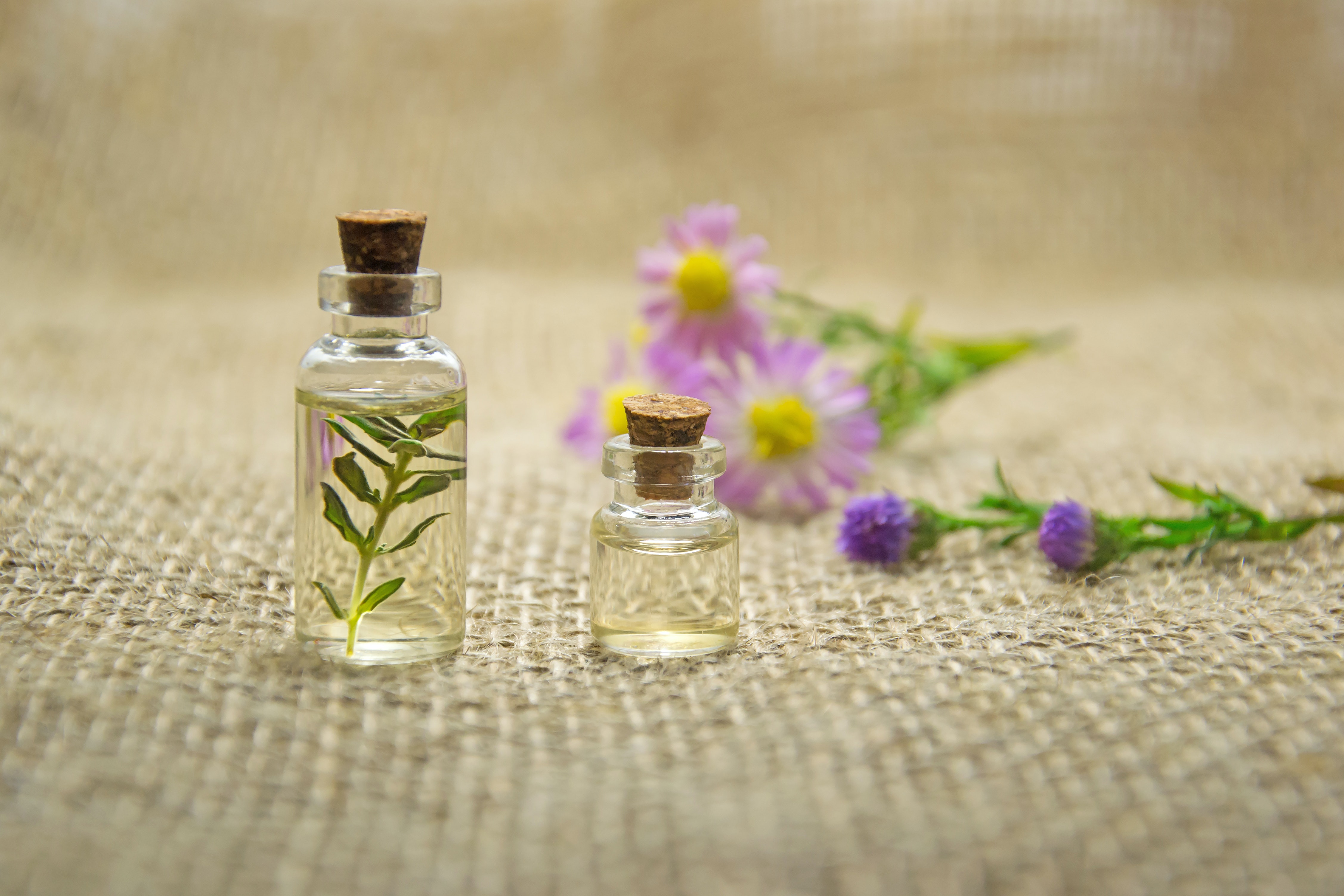By Lana Shapiro
History of Aromatherapy
Aromatherapy is widely believed to have originated in ancient Egypt around 6000 years ago. Aromatherapy is a vibrant tradition that was used by most ancient civilizations. Ancient aromatherapy is not the same as today’s use of essential oils. The Egyptians used a technique known as oil infusion to extract the scent from aromatic plants. Incense was one of the earliest forms of aromatherapy.
During the Crusades, the knowledge and history of aromatic oils spread from the Far East and Arabia to the European world. The invasions of South America by the conquistadors brought about the discovery of more medicinal plants and aromatic oils used by the Aztecs.
In the 19th century, England began examining the effects of essential oils on bacteria. During World War II essential oils began to be used as disinfectants.
Essential Oils
Essential oils as we know them today are often used medicinally and can have powerful effects. Essential oils are very potent and a little goes a long way. Not all oils are created equal, many oils on the market are diluted with alcohol or other synthetic materials. It is important to look for 100 percent therapeutic grade oils, even better if they are organic.
How to Use Essential Oils
Essential oils can be used via:
Inhalation: By inhaling the scent/aroma of the oil
Vaporization: essential oils can make great all-natural air fresheners by being diffused in an electric vaporizer or by simply adding a few drops of oils into a bowl of hot water or placing them on a specialty light bulb - such as pink Himalayan salt lamps.
Additives: Essential oils can be added to cleaning products, skincare products, hair products
Baths: using oils in baths is an easy way to relax and receive the therapeutic effects of the oils
Topically: It is recommended that essential oils be diluted when used topically, some oils are considered hot oils when applied to the skin.
Essential Oils Benefits and Cautions
Essential oils have antiviral, antibacterial, antifungal, and antimicrobial properties. Some oils are photosensitive and should not be applied when out in direct sunlight. Never substitute an oil for a prescribed medication and always consult with a medical provider prior to using any alternative treatments for any medical conditions. Some essential oils are contraindicated for use on/around children and pets. Essential oils should never be taken internally even when diluted.
Where Do I Start?
There are many essential oils, all with their own healing and therapeutic properties. Here is my recommendation for beginner essential oils to add to your routine:
Lavender – sleep, relaxation, stress, itching/bug bites/bee stings
Eucalyptus – sinus issues, headache, cough
Peppermint – digestive & sinus issues, headaches
Clary sage – hormonal cramping
Tea Tree – itching, skin issues
Lemon – cleaning, skin issues, allergies

